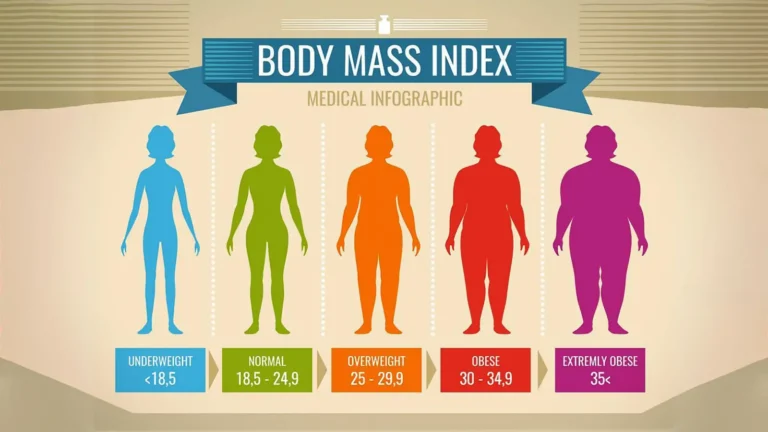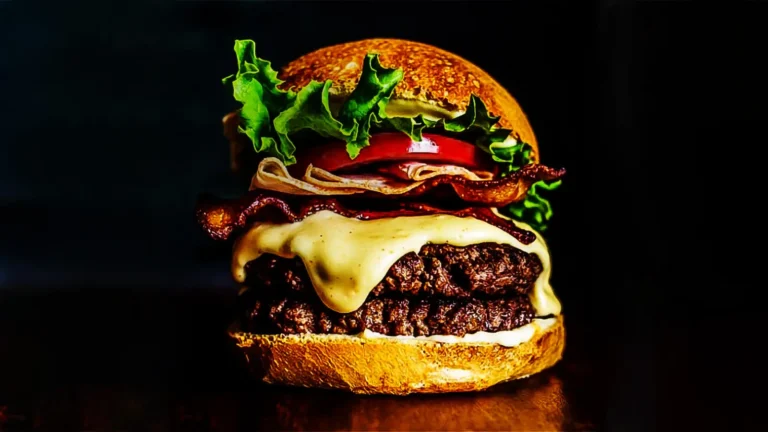Obesity Risk Factors
What are the associated obesity risk factors? For all life on the planet Earth, except for us, food is not a choice.

What are the associated obesity risk factors? For all life on the planet Earth, except for us, food is not a choice.

One of the first scientific studies on what hunger does to the mind was observed in a study remembered as the Minnesota Starvation Experiment performed by the University of Minnesota back in 1944.

Our entire evolution, we were like any other species on this planet, in constant hunger and in search of food. Overeating is an example of maladaptation.

When we see a hamburger, it is supernormal stimuli. Primal urges affect our behavior forcing us into binge eating disorder.

In nature, there is no refined sugar or fat. Our brain had never been exposed to a combination of the two all at once forcing us into binge eating disorder.

What is the cause of obesity epidemic? For all life on Earth, food is not a choice. The hardest thing for the animal in the wilderness is to gain weight.